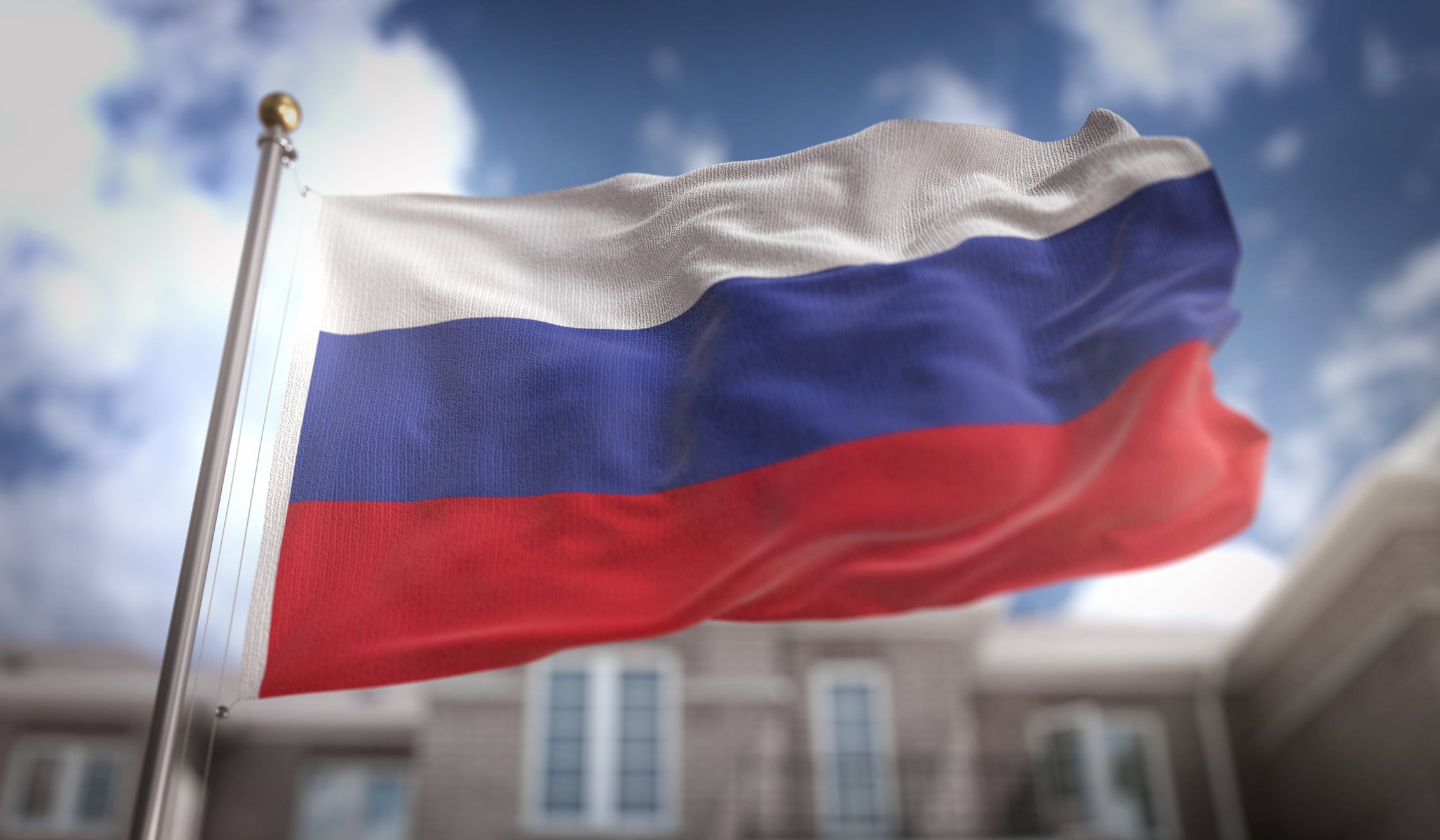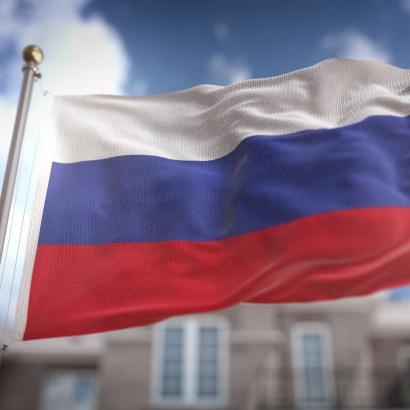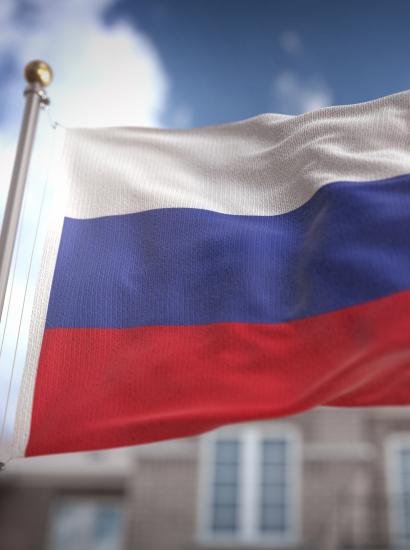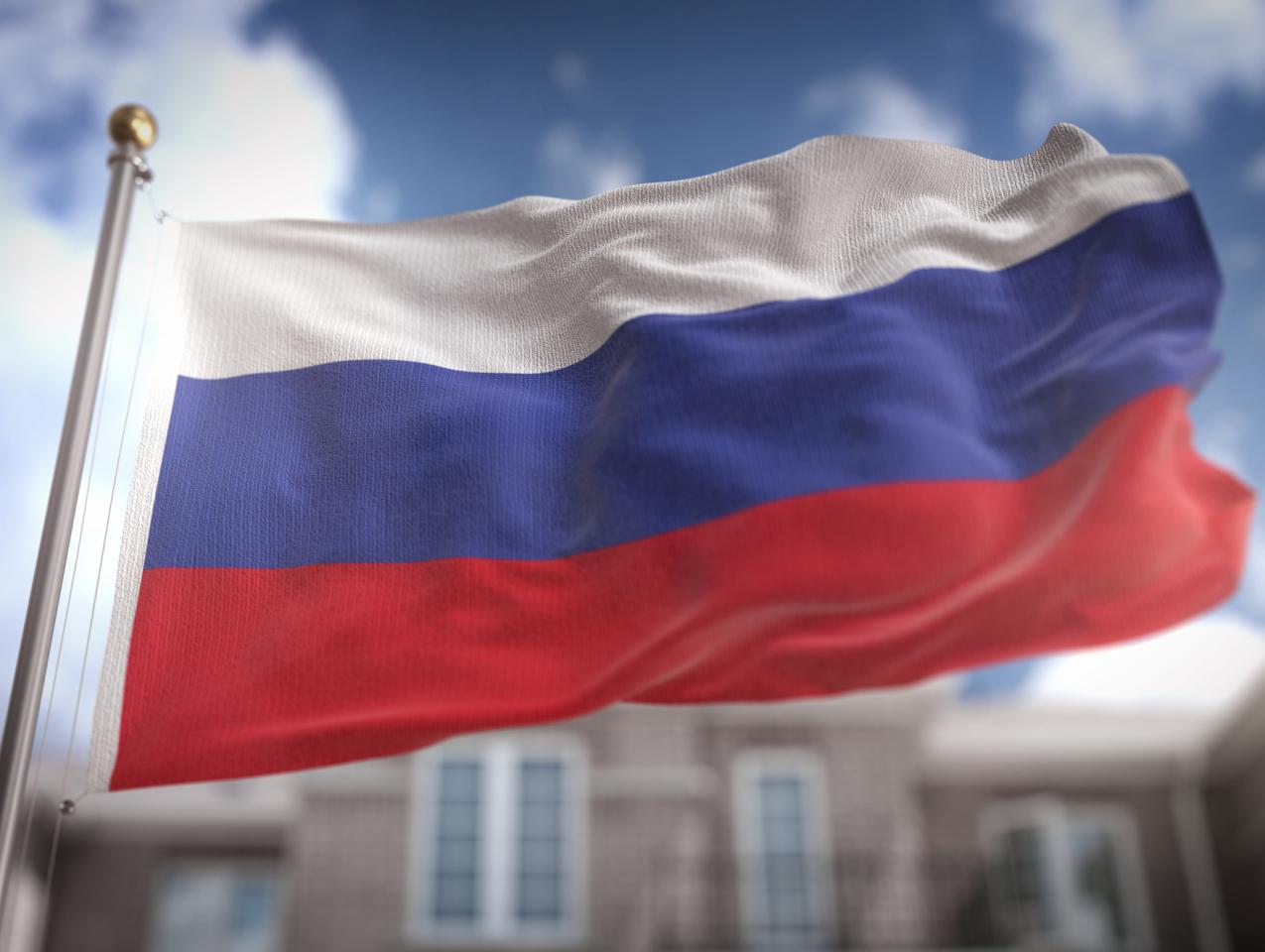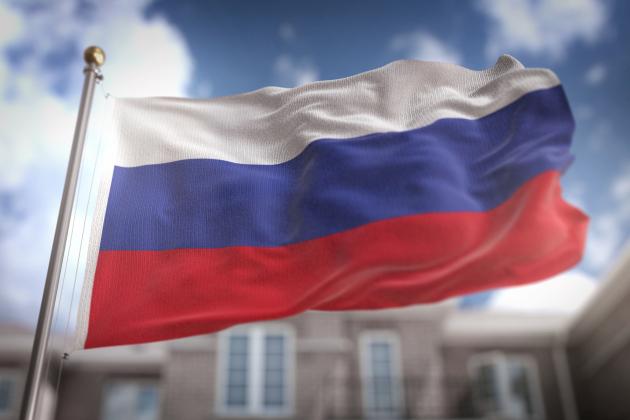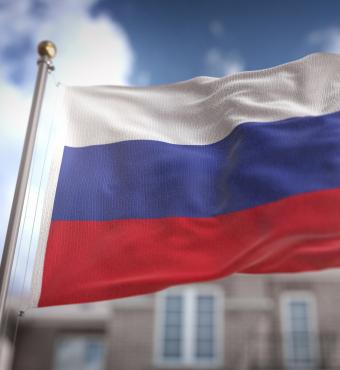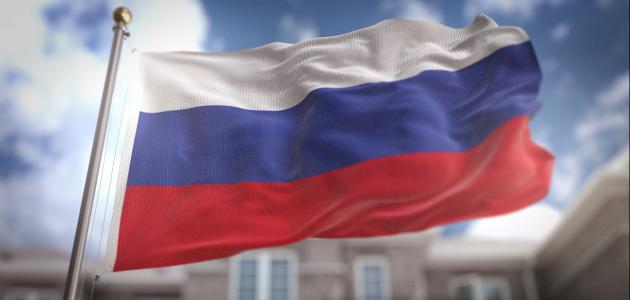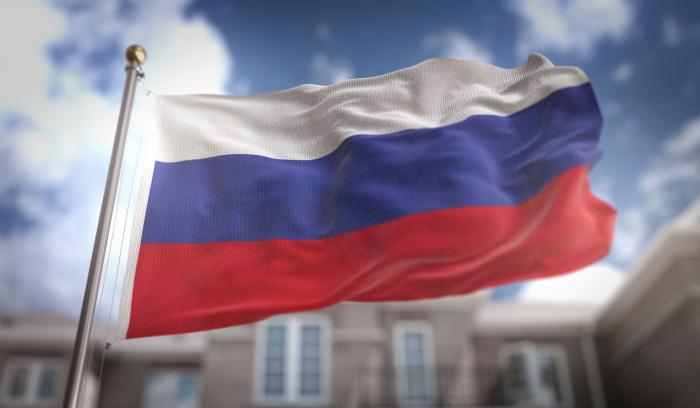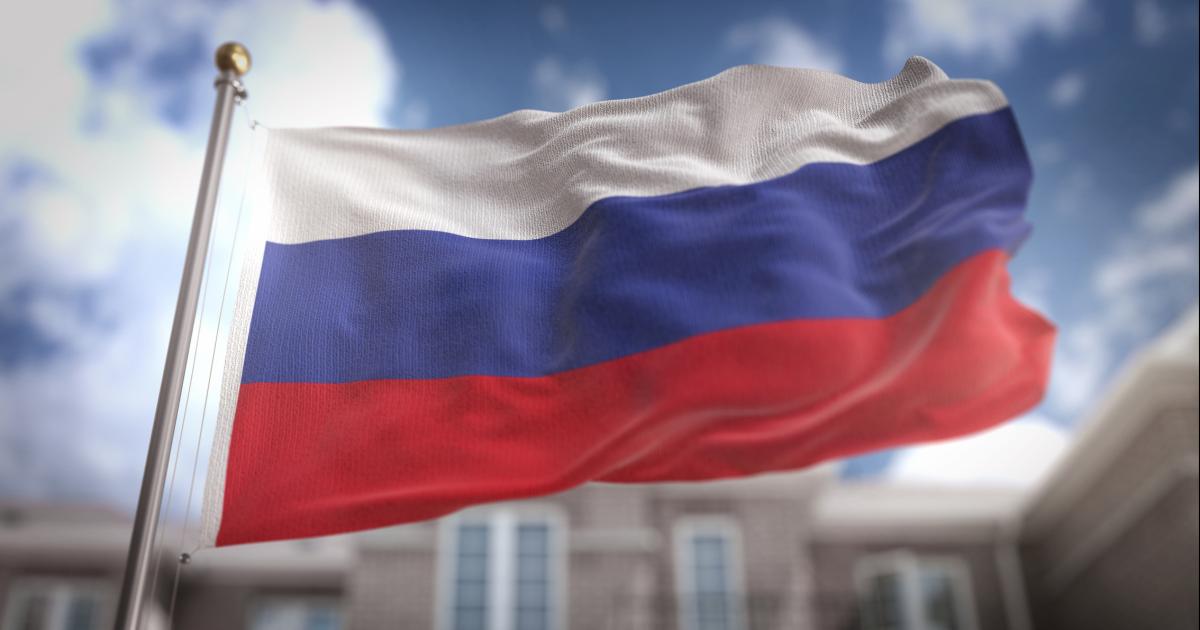- State & Local
- California
Ukraine may lie 6,400 miles to the east and nine hours ahead of California, but that doesn’t mean the nation’s present struggles with an invading Russia haven’t had an impact back in the Golden State.
One such example: Eastern European emigrants running small shops in the San Francisco Bay Area reportedly being urged to remove the word “Russian” from their advertising.
Or, this moment of inanity from a member of Russia’s State Duma: demanding that the United States return Alaska (purchased from tsarist Russia in 1867) and the former Russian settlement of Fort Ross (short for Rossiia, or Russia), which is located about 90 miles north of San Francisco and served as an outpost for Russian fur traders several centuries ago (more than one friend of mine who’s aware of the demand has suggested that the US keep Alaska for its resources but add San Francisco to the deal so as to further torment Vladimir Putin).
So what can California do to get into the fight, as it were?
There’s always the easy path of a symbolic gesture—i.e., something along the lines of Congress’s adventures with “freedom fries” (née French fries) back in early 2003 when a certain American ally announced its opposition to a proposed American invasion of Iraq. One such example: Stanford’s Hoover Tower illuminated in blue and yellow —the same colors as Ukraine’s flag—as a show of support.
But let’s suppose lawmakers in Sacramento want to dive into the shallow end of the pool vis-à-vis anti-Putin sentiment. Among the lower-hanging fruit: a ban on Russian caviar and vodka, as some states already have done.
It’s not like Californians with discerning palates would be exiled to Siberia, so to speak, if Russian caviar and vodka were deemed off-limits. There is a thriving California vodka industry, if one wanted to take a Moscow mule–fueled tour of the Golden State. California’s relationship with caviar is fishier—the state government battles with sturgeon poachers while entrepreneurs continue to refine the idea of “no-kill” caviar (technology that enables ripe eggs to be plucked from a female sturgeon without killing or tearing into the fish).
And if lawmakers want to take the Russia-bashing a step further?
They could debate renaming California’s Russian River, best known for its regional abundance of wine (it’s in the heart of Sonoma County) and its tendency to flood during rainy winters). Toss in the neighboring towns of Sebastopol and Moscow to the renaming game, and state and local lawmakers could send a clear message to the Kremlin.
But the problem with such actions: canceling California history.
The Golden State’s Russian River was originally called the Slavyanka River (literally, “Slav River”). As for Sebastopol, the story goes that the town got its name after a local gentleman named Hibbs barricaded himself in a store after winding up on the short end of a fistfight—a local wag observing that the act of defiance was akin to the Crimean War’s siege of Sebastopol happening concurrently. Thus came the joke “Hibbs’s Sebastopol,” later shortened to the Russian city’s name.
While that might not be the most scintillating of California tales, it does connect to the early days of statehood and the rough-and-tumble existence of “49ers” seeking instant gold riches—Californians perhaps not as aware of their state’s origins given the high proportion of the Golden State’s recently arrived population.
(As for the town of Moscow, it may have an out, should the cancelers come its way: depending upon which historian you talk to, the lumber-mill town got its name from the Russian capital . . . or an Americanization of a local Indian word, mescua).
So perhaps the wiser course for Golden State lawmakers is to concentrate on the present, not the past. The good news: that’s the approach so far in Sacramento, where California governor Gavin Newsom earlier this month sent a letter to the leaders of the California Public Employees’ Retirement System (CalPERS), the California State Teachers’ Retirement System (CalSTRS), and the University of California regents who oversee its retirement system calling for the three funds to halt their money flow to Russia and ban the purchase of Russian debt. The combined assets of CalPERS, CalSTRS and the UC retirement system amount to approximately $970 billion—equivalent to 60% of Russia’s 2021 GDP—with over $1.5 billion of those California investments linked to Russia’s financial markets, according to this gubernatorial press release (CalPERS reportedly has investments in Russian companies, real estate, and private equity ranging from $900 million to $1.1 billion; CalSTRS holds $32 million in Russian government debt, among other financial ties).
Meanwhile, California’s already a found a different way to inflict harm upon Russia—on the battleground rather than the boardroom.
Since 1993, the California National Guard has held hundreds of training exercises with Ukraine’s military forces under the US National Guard Bureau’s State Partnership Program (various former Soviet republics across Eastern Europe were paired with a state, with Ukraine drawing California).
Prior to 2014 and the Russian invasion of Crimea, the California Guard typically sent a few dozen trainers at a time to Ukraine. After the Russian annexation of Crimea, training accelerated, with the number of California mentors numbering in the hundreds. In addition to teaching infantry tactics, the California Guard assisted with improving Ukrainian logistics and sustainment, as well as training Ukrainian staff officers in launching and defending against cyberattacks (California Guardsmen also worked in the Ukrainian military’s headquarters to establish command-and-control procedures and help build a Joint Operations Center similar to how the US conducts warfare).
That might not have the same satisfaction for lawmakers who thrive on headlines and heat-of-the-moment gestures like changing names, banning products, and defunding portfolios. But in the bigger picture, California’s military ties to Ukraine have helped to give that nation what it’s needed the most over the past month (today marking four weeks since the Russian invasion began): the tools with which to turn a would-be swift and overwhelming invasion into what may be a stalemate.
And if the government in Moscow doesn’t appreciate that Golden State contribution to a war that hasn’t gone its way? It can cry itself a river—Russian, or not.







